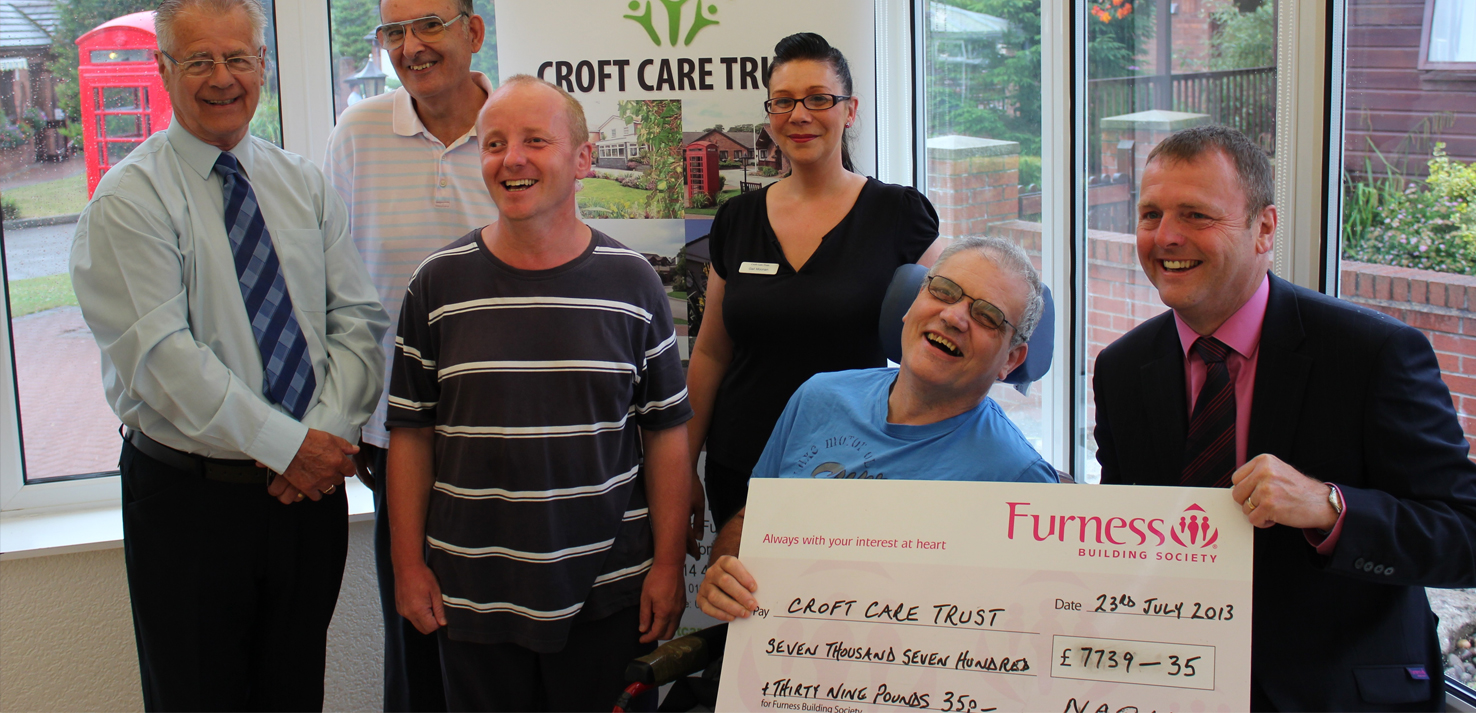Tag: people with disabilities
Showing care for those in despair
In one year alone, west Cumbrian charity, Allerdale Disability Association (ADA), unlocked more than four million pounds worth of benefits for people with disabilities.

For most people it helps, it is a life changing service. But for others, the wait, the uncertainty, and the stress, is too much. ADA knows of people who have been driven to thoughts of suicide. Four men have taken their own lives waiting for their benefits appeals to be heard.
Last year, ADA, based in Moorclose Community Centre in Workington, helped 900 people through its information service.
Paul Parkinson, Information and Benefits Advisor, helps people navigate 
He said: “People are living on money from family, friends, fresh air or they are getting into debt.
“Three of my clients have committed suicide in three years. I went to an appeal tribunal with the widow of a fourth. I try to help clients with everything from filling in forms to appeals and supporting families during the tribunal hearings in court. Just last week, £80,000 of benefits were claimed back for clients after being turned down.”

Despite this grim picture, there is hope. One client, 58 year old Paul, saw his benefits halve under the new system. Thanks to ADA, his benefits were fully restored. He said: “It made a lot of difference; it was really helpful.”
While getting people’s benefits payments are a life-changing aspect of ADA’s work, it is the regular weekly support that changes the quality of life for its members.
Twice a week, the doors of the centre are thrown open and anyone with a 
In addition to the normal activities, the charity also organises trips to various places and in 2004, after hearing that the local Talking Newspaper group was to disband, the charity took it over and a team of volunteers have continued to record the weekly disc ever since.

Cumbria Community Foundation has given more than £138,000 to ADA since 2002. Tracey said: “It costs £68,000 a years to run the charity. The Foundation is a godsend. Its continued support has kept us open and has helped us unlock funding from other sources.”
Tracey has worked for the charity for 21 years. Its current chairman, Peter Mallyon, has been part of ADA for 25 years. Both are committed to providing a safe and supportive place for people living with disabilities.

ADA will continue to help west Cumbrian’s through the appeals process with the help from external funding. However the debt, frustration and stress ensued is causing people’s health to deteriorate and in some cases making their disability worse.


